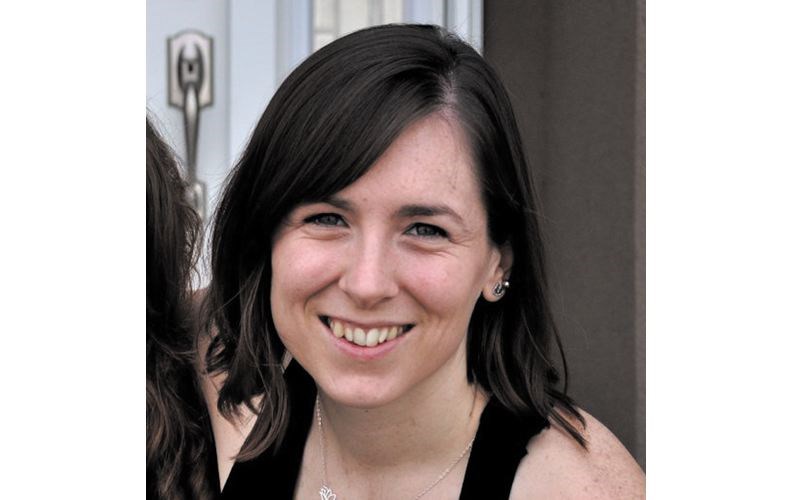Gold mining changes landscapes, community demographics and history itself.
Mica Jorgenson has made a career out of studying these alterations of time and space, and one of the key places she has unearthed these glints and nuggets of knowledge is Barkerville. The National Historic Site was one of the first case studies she dug into, as a UNBC student. Her successful master's thesis was entitled First Nations Participation In The Barkerville Gold Rush.
She has moved on to McMaster University where she is a PhD candidate with her dissertation entitled Ecologies of Gold: A Global Environmental History Of The Porcupine Gold Rush located in northern Ontario.
Jorgenson brings these cumulative insights back to her original alma mater this week. She is the keynote speaker at the second annual UNBC Northern Historical Student Society's Northern Historical Conference happening today and Saturday, drawing dozens of historians and scores of history students together in Prince George.
"There's nothing like going into an archive, opening a box, and getting your hands into things nobody's touched since the archivist filed it," said Jorgenson. "Nobody's read those words. There are so many stories waiting to be told. That's exciting."
Her research has concentrated on developments of technology and how that was brought to bear on the mining history of remote, northern settings in Canada.
Her work also uncovered some specific lives and clusters of people who have, now that she has brought them to light, changed the story being told about these northern mining scenes.
"I'm a historian, so I've always been fascinated by the stories," she said. "For me, it was always so amazing to discover these individuals that nobody (in academia) had thought about or written about before. Of course individual stories and individual people don't play super well when you're trying to make big, broad significant accounts of history but I think they are what draw people in and make people interested in your topic."
Jorgenson is thrilled to take part in an event like this conference happening in her hometown. She didn't just get her undergrad and Master's degrees at UNBC, she also grew up in the Red Rock community south of the city, and spent a lot of her childhood in and around Barkerville where her family had property.
"I think northern B.C. is particularly under-serviced in (its deeper community stories being drawn out by historical research)," she said. "There is a lot of opportunity for scholarship in northern communities. There is tons and tons of potential for academic research, not just on Barkerville but on Prince George, Fort Nelson, all of northern B.C. is kind of waiting. That's not to say stuff hasn't been done, it has, but it hasn't received as much attention as other places so I am really excited about the possibilities. I think that potential is why this conference is so important and so exciting. It's a way of bringing together the scholars who are looking at the north to talk about these topics and think about collaboration, ways to connect, and ways to contribute to bigger, broader understandings of Canadian history, natural resource history, through northern British Columbia's history."
Another local person, Northern Historical Student Society president Emilio Caputo of McBride, is helping to organize the conference. He agreed that this place was great for mining of that other sort Jorgenson spoke of: the lessons and stories of history.
"The path of the historian follows closely along the path of discovery," he said.
"From the first page of a new book to the records of an historical figure, each experience offers us an astounding opportunity for exploration and with it, an enlightening sense of achievement. The experiences that make up Northern British Columbia are a profound example of the opportunity we are given, as inquisitive minds discover the stories of people that have inhabited this region for generations. It is our hope that this conference will offer everyone an opportunity to share in the zeal, the passion for learning, and the communal growth that we feel for discovery."



